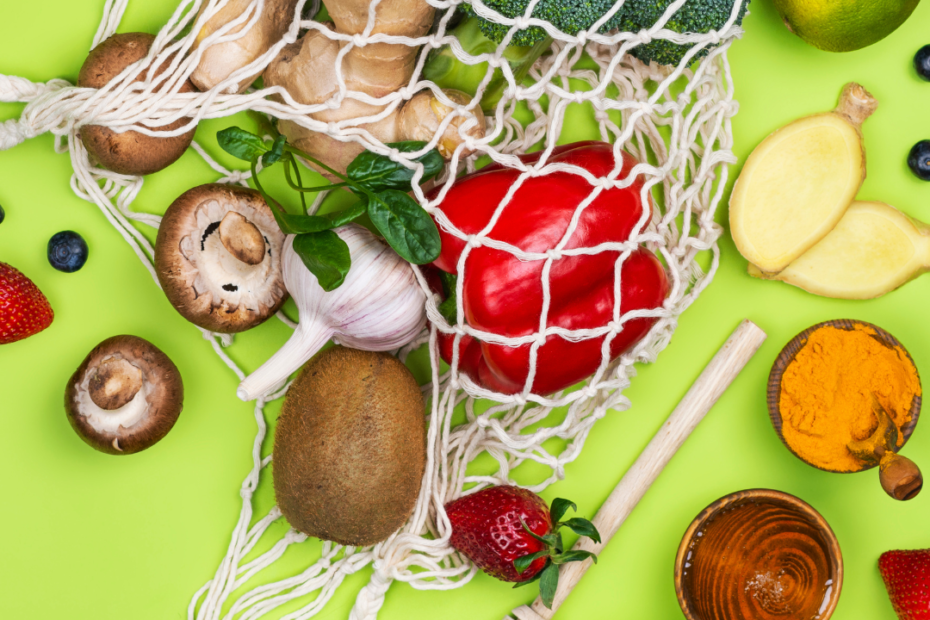When weight loss stalls or becomes more difficult as we age, many people blame a sluggish metabolism. There are many factors that affect metabolism; genetics, muscle mass and exercise all play a role. However, there are some foods that help boost the metabolism, and these foods can help minimize unwanted pounds. Try including some of the following foods to your daily meals to boost your metabolism, but remember to be mindful of the serving size, because it’s not just what we eat, but the amount that matters as well.
Dried beans contain what is known as “resistant starch,” which produces more of a sense of fullness. They also cause a very slow blood sugar rise, helping your metabolism function more evenly and effectively.
Berries contain anthocyanins, which studies have found to have metabolism-boosting properties. They also encourage fat cells to release a hormone that reduces inflammation, lowers blood sugar and can reverse insulin and leptin resistance.
Garlic, a member of the allium family, contains glutathione, which helps the liver clear out hormone-disrupting chemicals that can slow the metabolism. It is also a known appetite suppressant. A study published in the Journal of Nutrition showed there is an association between garlic and fat-burning due to the compounds in garlic that stimulate the fat-burning process.
Cruciferous vegetables such as broccoli, cauliflower, Brussels sprouts, cabbage and kale have are full of fiber and have a high water content, a combination that helps you feel full and increases your body’s ability to burn fat.
Chili peppers capsaicin is an active compound found in chili peppers that helps to speed up metabolism and as a result, may impact weight loss. Ground chili peppers in the form of cayenne pepper has also been shown to help boost metabolism as well. Research has shown an increase in metabolism among participants who used cayenne pepper on their food. The heat produced by capsaicin is what increases metabolism, decreases appetite and helps burn more calories after a meal.
The antioxidant polyphenol in green tea, namely EGCG, (epigallocatechin gallate) stimulates the body to help burn calories. It also helps to reduce inflammation and prevent heart disease and brain disease.
Content submitted by Janyce Gately – MS, RD, LDN, CHWC
